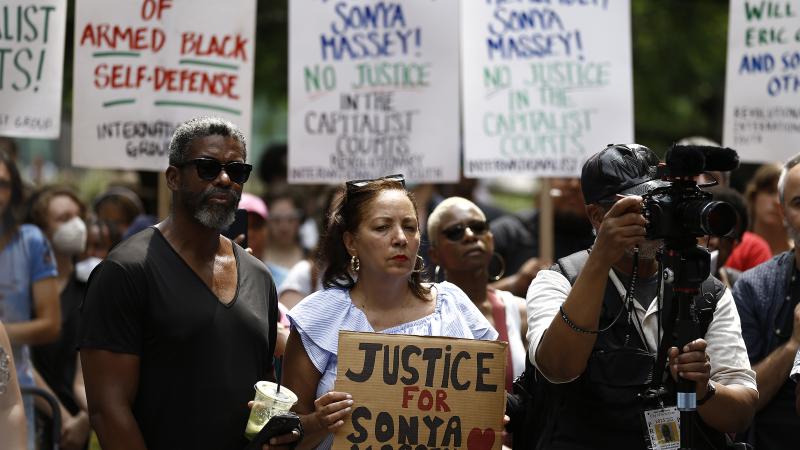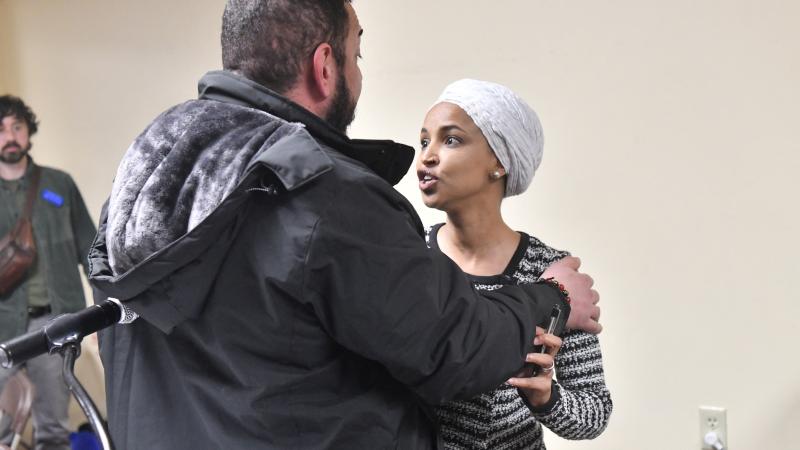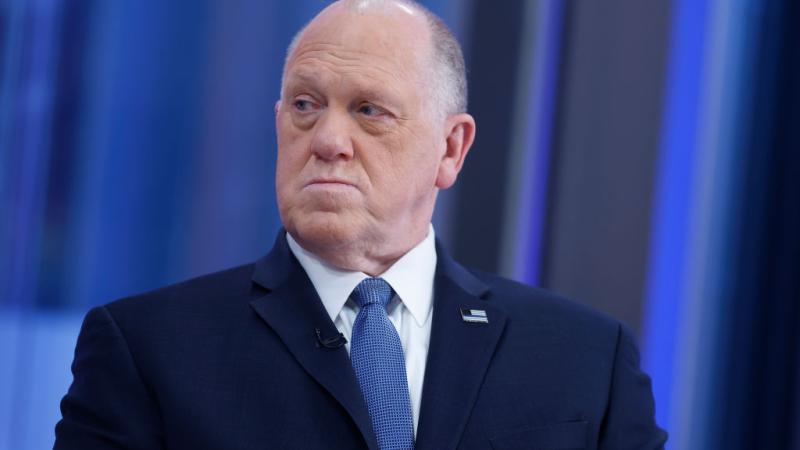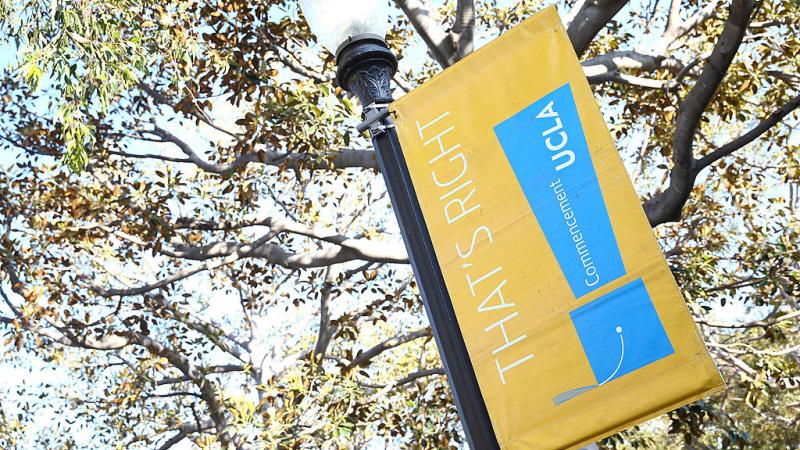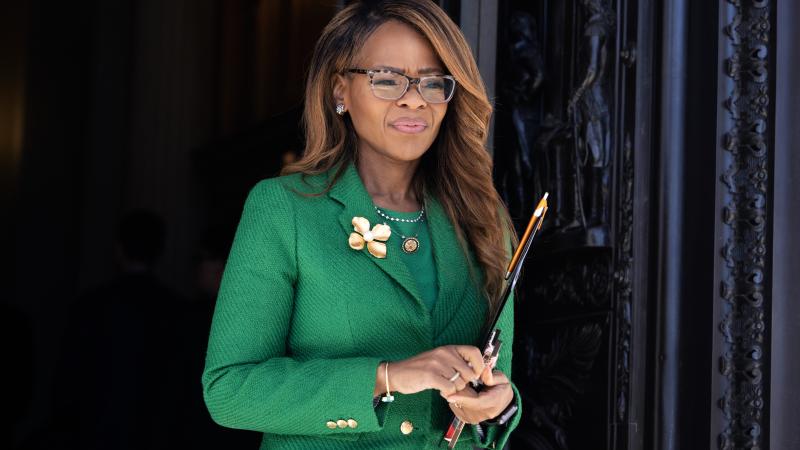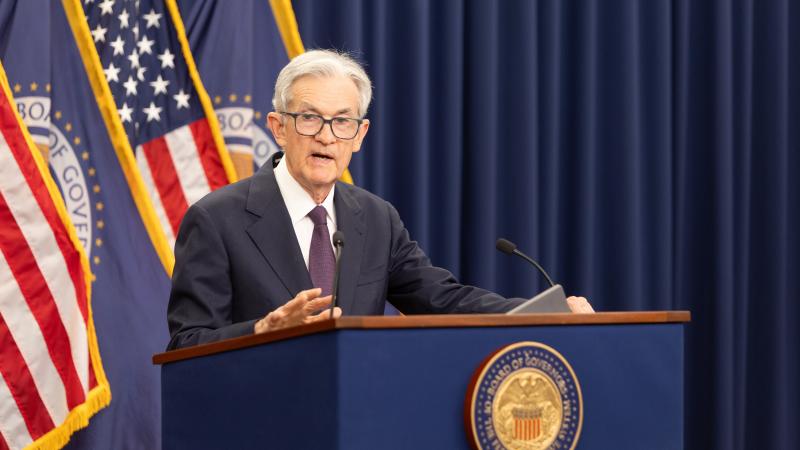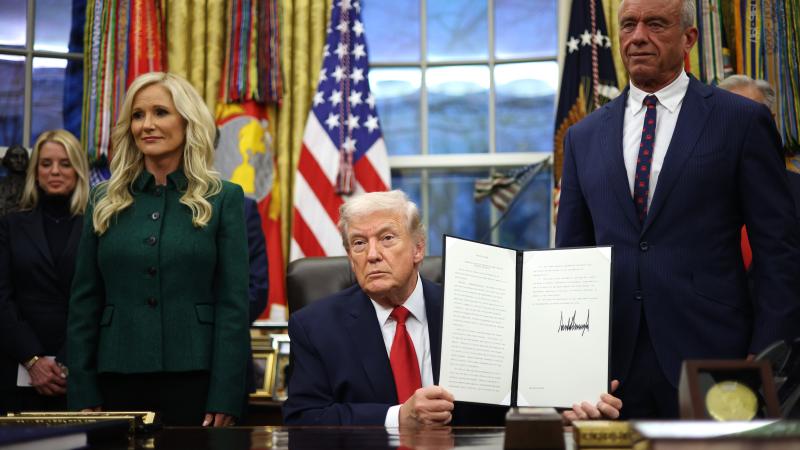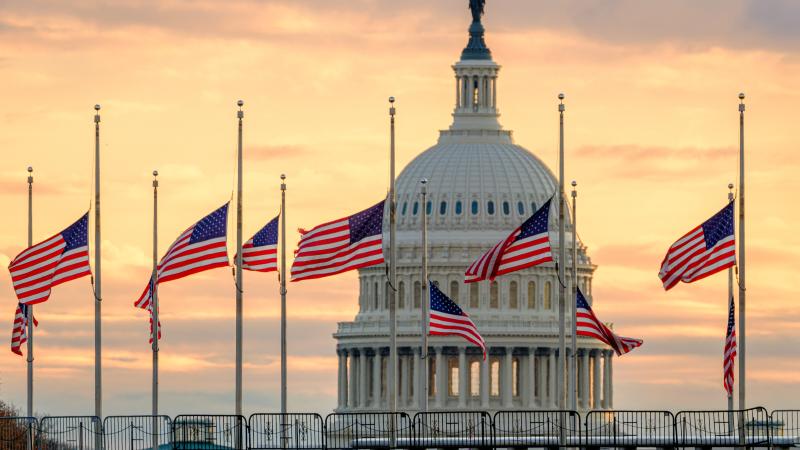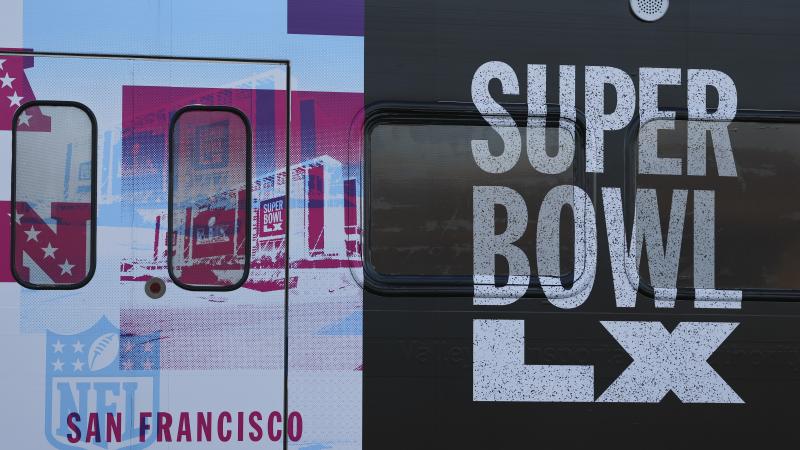Judges frown on Vermont banning Christian school from athletics for girls' forfeit against male
"It's a speech test. Why don't we just call it that?" one of two Trump nominees says in 2nd Circuit oral argument, noting lax response to forfeits on secular grounds including COVID mask exemption.
Mid Vermont Christian School first objected to playing a girls' basketball team with a male player on "fairness and safety" grounds. It then forfeited the game to also avoid violating its religious belief that males cannot become females and legitimately play on a girls' team.
When the Vermont Principals' Association expelled MVCS from all athletic and academic competition for that one forfeit, it deemed religion a cover for anti-transgender discrimination.
Does the school's initial secular objection or the league's judgment of its religious beliefs determine the fate of MVCS's First Amendment free exercise lawsuit?
That's what an all-Republican nominee panel of the 2nd U.S. Circuit Court of Appeals considered in oral argument Wednesday, with two judges demanding VPA's lawyer justify its scorched-earth reaction to a religious objection and the third denying that VPA disfavored religion by not penalizing forfeits with secular motivation.
Not only did VPA not penalize teams that forfeited against a competitor whose player had a medical exemption from its COVID-19 mask mandate, but even suggested their only penalty would be missing the tournament and that the exempt team might suffer in tournament seeding if too many of its wins came via forfeits, the school alleges.
"The punishment here is wildly overbroad" and "seems nothing but punitive" based on the school's religious beliefs, President Trump nominee Judge Michael Park said. When VPA lawyer Steven Zakrzewski denied any religious animus, Park said the religious objection is "this is a guy" – Long Trail School's Rose Johnson, a 6-feet, 1-inch tall "elite rim protector." Johnson is frequently identified as a transgender student.
"It's a speech test. Why don't we just call it that?" Judge Richard Sullivan, the other Trump nominee, told Zakrzewski after contrasting VPA's total ban based on a forfeit "accompanied by a statement" with how it might respond to a forfeit to save "prom night."
Seeing two judges aligned against him, Zakrzewski, of the law firm Gordon & Rees, warned they would have to answer a "pretty extensive series of questions" in an injunction.
That includes who would examine students for sex-based eligibility, how to arrange playoff schedules so male players don't compete against unwilling teams, whether "rumors" of a male are enough, and what happens if a player with "masculine features" shows up.
Zakrzewski's only ally seemed to be President George W. Bush nominee Judge Richard Wesley, whose "senior status" means he only hears a fraction of cases. Wesley had trouble keeping sex and gender identity straight, alternately referring to "sexual identity," "gender assigned at birth" and "assigned sex male at birth."
MVCS lawyer David Cortland of the Alliance Defending Freedom said the school only objects to players based on sex. "I don't know how that makes any sense," Wesley responded.
"This is a policy choice made by Vermont" to ban gender-identity discrimination, and "whether it's a good policy choice or not is another matter," not for the courts, Wesley said.
Town tuitioning 'poison pill' challenge delayed
The case is one rivulet in a deluge of legal and regulatory upheaval in New England regarding schools, religion and gender identity.
Before the Trump administration launched an all-out assault on Maine for resisting the president's executive order on Title IX, which elevates sex over gender identity, MVCS and Maine's Bangor Christian School were already petitioning the 2nd and 1st Circuits, respectively, to overturn alleged state-sanctioned discrimination against them.
Both are litigating for access to "town tuitioning" programs in their largely rural states, which give tuition to families without a local public school, in addition to MVCS's pursuit of reinstatement to VPA competition in the same lawsuit.
The Supreme Court ruled for BCS and against Maine's exclusion of "sectarian" schools that make absolute-truth claims or only hire fellow believers, which functionally favored some religious beliefs over others, a precedent later cited in MVCS's 2023 lawsuit.
But the Legislature added a "poison pill" to keep schools like BCS from applying for town tuitioning before SCOTUS ruled, prompting BCS to return to court after its victory and the Roman Catholic Diocese of Portland to sue as well.
The SCOTUS ruling, however, prompted Vermont to back down on excluding Catholic parents and the Diocese of Burlington from its town tuitioning program, an exclusion the 2nd Circuit had already blocked. A Vermont state judge had also questioned the exclusion.
MVCS didn't get a preliminary injunction for either town tuitioning or VPA rejections. Its opening brief in the VPA challenge last August says it's not appealing town tuitioning "to streamline the issues" but it "reserves the right to seek final relief" on town tuitioning later.
Not comparing school to 'Nazis and slave owners'
U.S. District Judge Geoffrey Crawford gave MVCS limited relief in July after prodding the parties to see whether they could compromise on one issue: letting the school back into "co-educational activities" such as spelling bees and debate competition.
MVCS said it would not object to "teams that include transgender students" and promised "its students will exercise care in using language that expresses gender," while VPA said it "did not intend to force" MVCS students "to use specific words" but would not change its "general policy" in favor of preferred pronouns.
How that agreement might affect the athletic dispute came up Wednesday, with Zakrzewski and Judge Park disputing whether VPA had undermined its position.
"Judge Crawford made you" take back the school as a "limited" member for non-athletic competitions, Park said, questioning how "allowing a coed chess team back" was evidence that MVCS's opposition to a male athlete was not religiously motivated.
Zakrzewski said the school's first correspondence, Feb. 16, 2023, mentioned "purely secular concerns" about playing a male, which VPA rejected.
Park asked how rejecting the sincerity of its religious beliefs doesn't suggest religious animus, the basis for the Supreme Court ruling for Christian baker Jack Phillips against Colorado's demand he make custom same-sex wedding cakes.
This is nothing like the Colorado Masterpiece Cakeshop case, in which the state human rights panel compared Phillips' beliefs to those of "Nazis and slave owners," Zakrzewski responded.
A VPA official insisted the school's belief is "insincere" or "irrational," a pretext for discrimination, Sullivan said. That official just meant MVCS didn't have to compromise its religious beliefs to participate under rules of general applicability, Zakrzewski replied.
The school made its religious objection clear in all correspondence after the first, including its final letter before VPA's expulsion, which specifically recognized and denounced its religious beliefs, Cortland told the court.
VPA has at least six mechanisms for policy exemptions with "individualized assessment," one of which is transgender participation in sex-segregated sports, Cortland said. It reviews a school's own denial of eligibility only if the student appeals, which exposes the hollowness of its claim to defend the right of everyone to "fully participate," he said.
Judge Wesley denied the lax treatment of forfeits against the mask-exempt player was a "comparator" to the harsh treatment of a forfeit based on male sex, showing inconsistent treatment of rule violations, because the former is based on health.
He was incredulous that Cortland didn't know how many religious schools were in Vermont, to help the court estimate the impact of a ruling for MVCS, and peppered the school's lawyer with hypotheticals about what other forfeit reasons might then be upheld, such as encountering a "physically imposing" player or refusing to play a team based on race.
Even if a court upheld interracial exclusion, the VPA's six levels of exemptions show that its interest in racial nondiscrimination is hollow, Cortland replied.
The Facts Inside Our Reporter's Notebook
Videos
Links
- oral argument Wednesday
- Rose Johnson, a 6-feet, 1-inch tall
- "elite rim protector."
- Zakrzewski of the law firm Gordon & Rees
- all-out assault on Maine for resisting
- MVCS and Maine's Bangor Christian School
- "town tuitioning" programs
- Supreme Court ruled for BCS and against Maine's exclusion
- MVCS's 2023 lawsuit
- Roman Catholic Diocese of Portland to sue
- Vermont to back down on excluding Catholic parents
- an exclusion the 2nd Circuit had already blocked
- Vermont state judge had also questioned the exclusion
- opening brief in the VPA challenge
- limited relief in July
- Supreme Court ruling for Christian baker Jack Phillips

